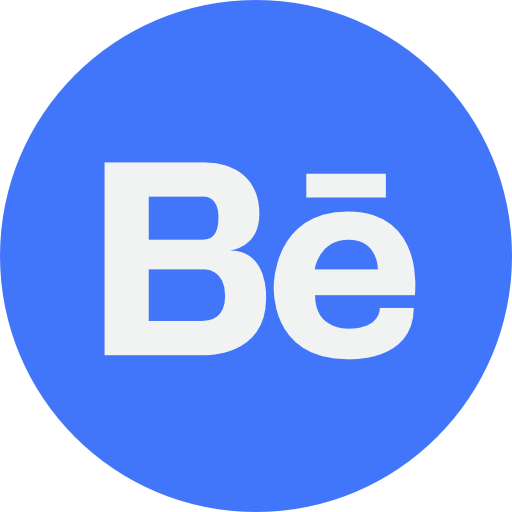- Company Profile
-

(+61) 280113465
(+91) 03340624483
(+40) 745348765
(+1) 3603693187
(+1) 4387949227
-

-

Exploring Google’s New Page Experience Signal: The Object-Oriented Approach for UX Ranking Factors

Google, as known to everyone, keeps on bringing changes and new updates, and the world of digital marketing keeps on changing and reshaping because of that. In May 2021, Google announced that their Page Experience Signal to be a new ranking factor would be rolled at some point during the current year. This particular factor is a combination of several sub-signals; quite a few amongst them are already used as ranking factors. The Page Experience signal will be a ranking factor for the Top stories on mobile. There won’t be any need for the AMP requirement anymore. This new signal will be impacting the 10-blue links and Top Stories, which usually help a lot of new publishers by driving traffic. In short, this update will change search engine marketing services once more, and it is better to be informed on the subject.
The timing for the update and its introduction
If taken simply from the timing standpoints, Google has already made it clear that it will be 6-months’ usual warning site owners tend to get before the update rolls out. This means you have some time to get ready for the Page Experience signal. Back in November of 2020, Google had announced that the Page Experience signal would roll out in May 2021, and they have kept their promise. This new signal by Google is going to use an object-oriented approach. Under this, each factor that is a part of the new signal will be viewed as its own object, and each of them will output a score. All those scores will be combined together to create the final Page Experience score.
User experience and its importance for Google and its updates
The topic of user experience has always remained vital for Google. That factor has now manifested as new ranking factors over the past few years. For instance, a website with mobile-friendly pages is essential for users viewing the content on mobile devices. To keep this experience intact or at least as much as possible, the use of mobile popups and interstitials should be avoided. Your website should also be secure enough to protect your users and their information on the website. As several of these factors have been impacting user experience, Google already uses some of these signals for ranking purposes. So far, none of these signals has been part of one larger signal before, which is something Google is trying to achieve through the new Page Experience signal.
The five signals revealed so far
Five signals are part of the new Page Experience signal, and they are:
- Core Web Vitals.
- LCP or Largest Contentful Paint is used for measuring loading performance.
- FID or First Input Delay which measures interactivity.
- CLS or the Cumulative Layout Shifts which is used for measuring visual stability.
- Mobile-friendly nature, which is currently running.
- Safe browsing is also running currently and impacting pages visually in Search.
- HTTPS is also presently running, and people are already familiar with this.
- Mobile popup algorithm which is running currently and also means no intrusive interstitials.
Some information is readily available; others not
People all over the world are still waiting for the sub-signals which will make up the Page Experience signal, and the chances of them getting revealed are slim to none. Google has also explained that both Page Experience signal and Core Web Vitals will annually. So, these new user experience signals will remain free to be added, removed, and weighted in different ways. It also means that new Core Web Vitals can be added or removed every year, depending on the situation and requirement. Despite knowing about the annual updates, it is yet to be revealed whether Google is capable of tinkering with the strength of each sub-signal at its discretion. This indicates that the significant additions and removals will happen annually. However, the simpler and not so vital changes can occur throughout the year. The search engineers of Google will be the ones deciding about the changes and modifications.
The scoring system is also going to be different
There is a belief that the scoring of Core Web Vitals will be similar to how Lighthouse scores them, but it is yet to be revealed as the truth. It is clear that the people who are part of the Chrome team working on Core Web Vitals are not the same people working on the ranking signal. Moreover, this is about Core Web Vitals, which already is established as its own object, which will work with other objects to create the Page Experience signal. Checking the documentation in the developer’s centre and the blog post from Google on the subject, you can find more on the different sub-signals that will be part of the Page Experience signal.
Trying to gauge the effectiveness of this new update
All these updates are well and nice on Google’s part, but there is no denying that this new signal must be effective. If there isn’t enough power to the signal, it won’t get treated with the seriousness it deserves. Along with changing the focus of search engine marketing services in the USA, this change should punish the site owners with low Page Experience scores. If this does not happen, then all these updates and potential changes will be for naught. Finding the right balance is not easy, but the attempts will continue. Despite all these, content still remains essential. Good quality, unique content will help a page with ranking. Any web page with amazing content and the prime position according to user relevance won’t have any problem getting a good rank. It will happen despite the page having a low Page Experience score.
It is now a waiting game for more information
The same method and approach will continue for branded searches as well. For example, if you search for a well-known brand, Google will not put forth a name of relevance in search if the intended business website has a low Page Experience score. Therefore, there are still a lot of queries and doubts regarding the current strength of this update. It is crucial at the moment to review the scenario and find out how powerful the Page Experience signal and its object-oriented approach are. It is a waiting game for finding out about the strength of the update, when the whole update will roll out, and how it will impact SERPs.
close






















